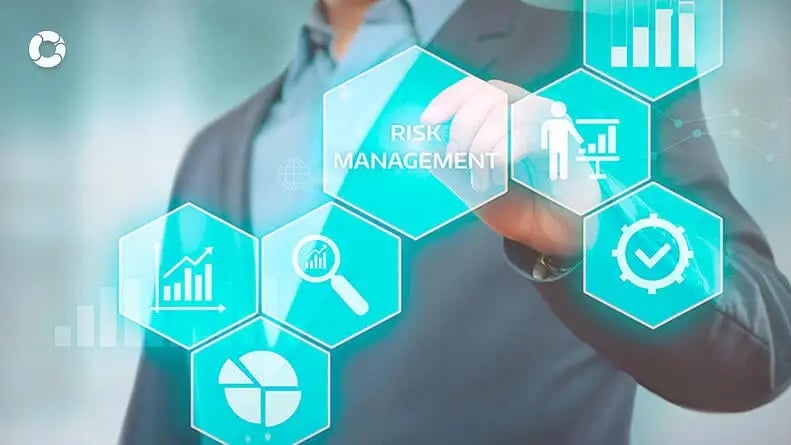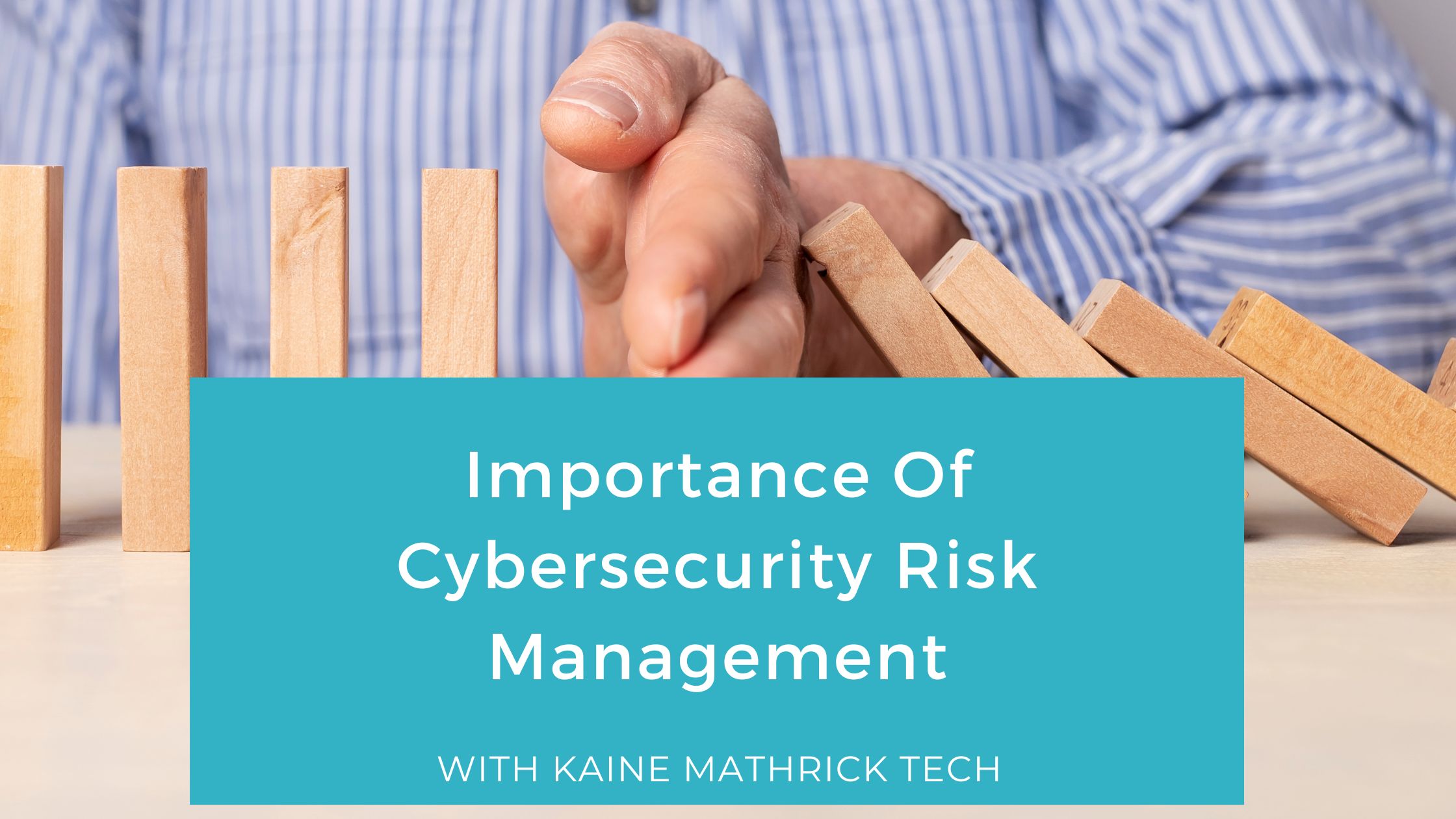Navigating the Difficulties: Understanding the Importance of Risk Management
Navigating the Difficulties: Understanding the Importance of Risk Management
Blog Article
Exploring the Importance of Risk Management for Effective Decision-Making Strategies
In the elaborate globe of service, Risk Management emerges as a critical consider the decision-making process. The ability to recognize potential hazards and opportunities, and plan appropriately, can lead to the difference in between success and failure. With devices such as SWOT and PESTEL, companies are outfitted to make educated selections, fostering durability and flexibility in an ever-changing atmosphere. Wondering exactly how this works? Allow's unload the characteristics even more.
Understanding the Idea of Risk Management
Risk Management, an essential component in decision-making, is often misinterpreted or oversimplified. Risk Management involves self-displined and organized approaches, using information and informative assessments. From monetary uncertainties, lawful obligations, strategic Management errors, to accidents and natural catastrophes, it deals with different dangers - importance of risk management.
The Duty of Risk Management in Decision-Making Processes
In the world of strategic planning and service procedures, Risk Management plays an important role in decision-making procedures. Risk Management therefore ends up being a crucial device in decision-making, aiding leaders to make educated selections based on an extensive understanding of the threats involved. Risk Management offers as an essential component in the decision-making processes of any type of organization.

How Risk Management Enhances Strategic Planning
In the context of tactical preparation, Risk Management plays an essential role. Initiating with the identification of possible dangers, it better expands to the implementation of Risk reduction steps. The function of Risk Management is dynamic yet not static, as it demands continuous tracking and adjusting of strategies.
Identifying Prospective Dangers

Executing Risk Reduction
Risk reduction methods can range from Risk evasion, Risk transfer, to run the risk of decrease. Each approach needs to be tailored to the certain Risk, considering its prospective influence and the company's Risk resistance. Reliable Risk reduction requires a deep understanding of the Risk landscape and the possible impact of each Risk.
Tracking and Adjusting Methods
Though Risk mitigation is a critical action in tactical planning, continual tracking and modification of these strategies is equally vital. It likewise offers a possibility to evaluate the success of the Risk Management measures, allowing changes to be made where needed, additional enhancing tactical planning. Surveillance and changing Risk Management strategies is a crucial component for boosting a company's resilience and critical planning.
Instance Researches: Successful Risk Management and Decision-Making
On the planet of company and finance, successful Risk Management and decision-making frequently offer as the columns of prosperous enterprises. One such entity is an international oil firm that mitigated monetary loss by hedging against changing oil rates. In another circumstances, a tech startup thrived by determining and approving high-risk, high-reward techniques in a volatile market. A global bank, confronted with governing unpredictabilities, successfully browsed the situation via proactive Risk assessment and vibrant decision-making. These instances highlight the worth of sharp Risk Management in decision-making procedures. It is not the absence of Risk, yet the Management of it, that usually sets apart successful companies from not successful ones. These cases emphasize the critical duty of Risk Management in strategic decision-making. importance of risk management.
Devices and Strategies for Efficient Risk Management
Browsing the detailed puzzle of Risk Management needs the right set of strategies and tools. These devices, such as Risk signs up and warm maps, help in identifying and examining potential dangers. Techniques include both quantitative methods, like level of sensitivity evaluation, and qualitative methods, such as SWOT analysis. These aid in prioritizing threats based on their possible impact and probability. Risk response methods, a vital element of Risk Management, entail accepting, preventing, transferring, or mitigating dangers. Surveillance and controlling risks, via routine audits and testimonials, ensure that the techniques continue to be effective. With these methods and devices, decision-makers can navigate the complex landscape of Risk Management, therefore facilitating educated and reliable decision-making.
Future Trends in Risk Management and Decision-Making Approaches
As we explore the vast landscape of Risk Management, it comes to be obvious that the techniques and tools utilized today will certainly continue to advance. Future patterns aim towards a boosted reliance on innovation, with expert system and equipment discovering playing considerable duties. These modern technologies will certainly websites enable companies to forecast potential risks with higher accuracy and make even more educated decisions. Furthermore, there will be a growing emphasis on resilience, not simply in taking care of dangers yet additionally in recuperating from damaging situations. Last but not least, the concept of Risk culture, where every participant of Bonuses an organization knows and associated with Risk Management, will acquire more prominence. These patterns declare a more positive and comprehensive technique towards Risk Management and decision-making.
Final thought

Risk Management therefore becomes a crucial device in decision-making, helping leaders to make enlightened options based on a detailed understanding of the dangers entailed. Risk reduction methods can range from Risk evasion, Risk transfer, to take the chance of decrease (importance of risk management). Efficient Risk mitigation needs a deep understanding of the Risk landscape and the potential impact of each Risk. Risk action methods, a crucial part of Risk Management, involve accepting, avoiding, moving, or mitigating risks. The principle of Risk culture, where every member of an organization is aware and involved in i thought about this Risk Management, will certainly gain a lot more prominence
Report this page